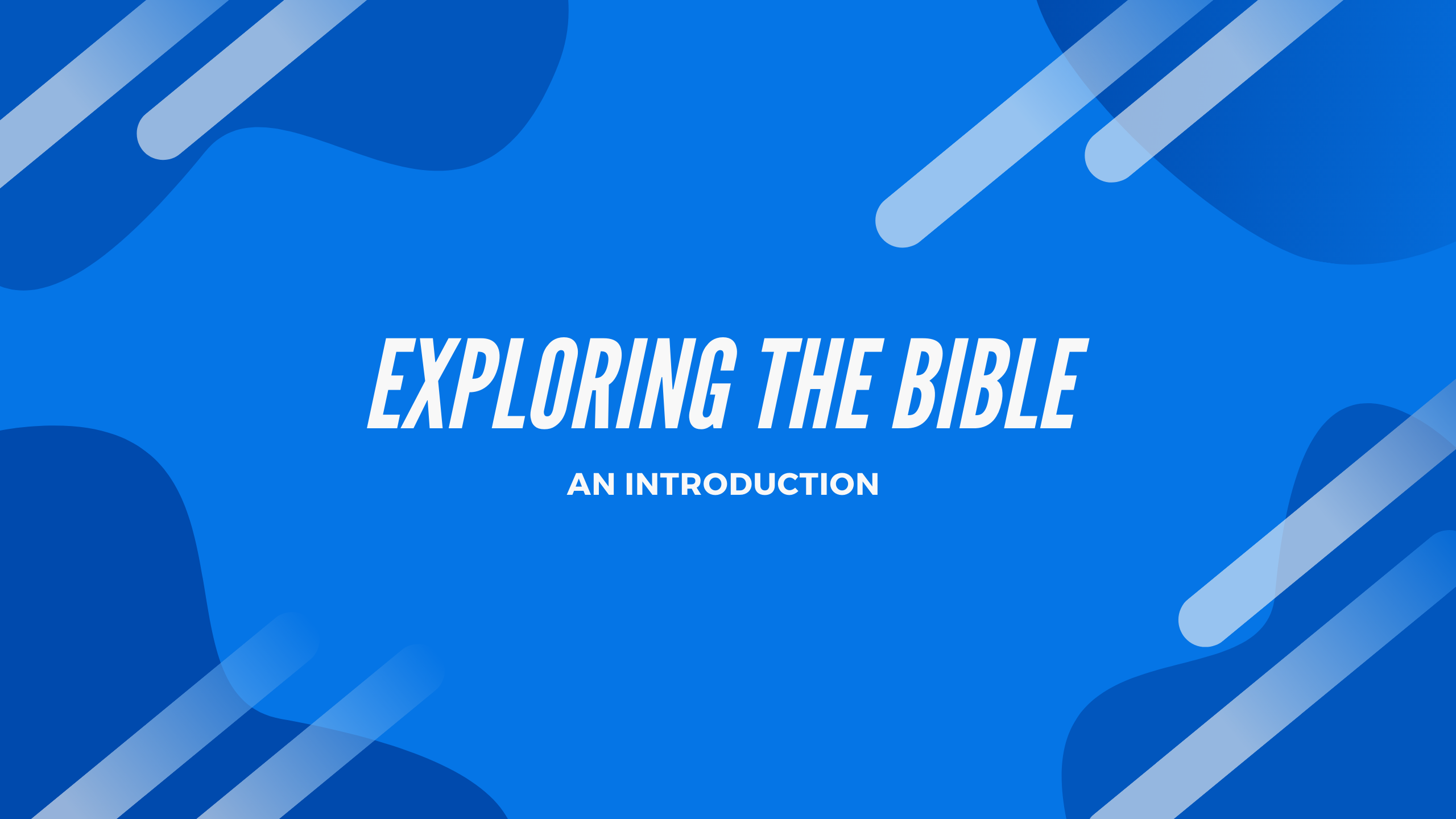
The Old Testament
The Old Testament or The Hebrew Bible as it is commonly referred as, contains the first 39 books of the Bible and was written over 1000 years. From about 1500 BC to the middle of the fifth century BC. The Old Testament consists of ‘The Law‘ (‘Teaching’, also known as The Torah (Hebrew) or The Pentateuch (Greek)), ‘The Prophets‘ ( The historical accounts of the Prophets and Kings), and ‘The Writings‘ (Poetry and wisdom literature). This is the three-part division of the Old Testament which is assumed by Jesus in Luke 24:44.
The Law
The Law refers to the first five books of the Bible, Genesis, Exodus, Leviticus, Numbers and Deuteronomy. In those books contain God’s revealed teaching or guidance for humankind. It begins in with the first 11 chapters of Genesis in which we learn about the character and nature of God and the fallen state of Man. The rest of Genesis then tells us the story of the patriarchs of the faith, Abraham and his family. Exodus through to Numbers details the story of Moses, the leader of the Israelites out of Captivity. Leviticus and Deuteronomy detail the Law, God’s guidance for the Israelites which regulates every aspect of their life.
The Prophets
The Prophets is divided into two sections, the Former Prophets and the Latter Prophets. The Former Prophets, containing the four historical books Joshua, Judges, Samuel, and Kings; and the Latter Prophets; Isaiah, Jeremiah, Ezekiel. The Minor Prophets include Hosea, Joel, Amos, Obadiah, Jonah, Micah, Nahum, Habakkuk, Zephaniah, Haggai, Zechariah, and Malachi. The word ‘Prophet’ describes someone who gives a declaration from God. These were Israelites who had a radical encounter with God in the Old Testament and were appointed to speak as a representative. The books of the prophets aim to teach us about the history of Israel from the days of Moses up until 400 years before the first coming of Christ. They provide us with insight as to how Christ is foreshadowed throughout the old testament and they play an integral role in providing the evidence as to why Jesus Christ is The Messiah, the promised seed who fulfilled everything which was foretold.
The Writings
The Writings consists of religious poetry and wisdom literature such as Psalms, Proverbs, Songs of Solomon, Ecclesiastes, Job. These books of the Bible are grouped together due to the use of Hebrew poetry. They are also considered as wisdom literature as the books contain the wisdom of generations of godly people which are aimed to help the believer live a godly life. These books deal with both complexities and the weightier issues of life such as the book of Job, whilst other books deal with the simplicities and of life such as romantic love as examined in Songs of Songs.